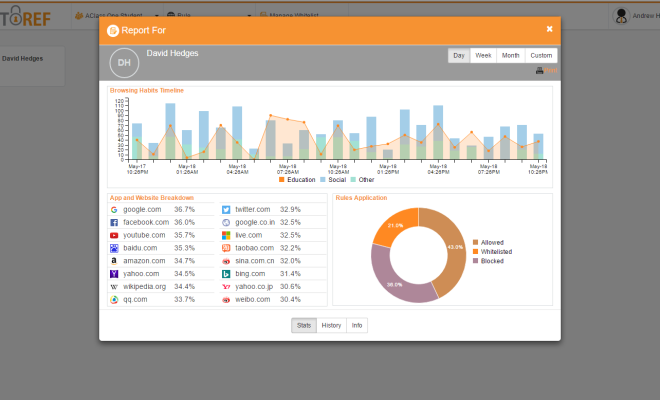Black Boys in Crisis: Making Dropping out More Difficult

In this series, appropriately titled “Black Boys in Crisis,” I highlight the problems facing black boys in education today, as well as provide clear steps that will lead us out of the crisis.
Educators can certainly strive to reduce suspension and expulsion rates with better intervention and strategy. But what about the students who choose to walk away from their educations when they drop out of high school?
In his essay “A Broken Windows Approach to Education Reform,” Forbes writer James Marshall Crotty makes a direct connection between dropout and crime rates. He argues that if educators simply take a highly organized approach to keeping kids in school, it will make a difference in the crime statistics of the future. He says: “Most importantly, instead of merely insisting on Common Core Standards of excellence, we must provide serious stakes for non-compliance. And not just docking teacher and administrative pay. The real change needs to happen on the student and parent level.”
Crotty cites the effectiveness of states that refuse to extend driving privileges to high school dropouts or that don’t allow athletic activities for students who fail a class. When higher stakes are associated with academic success, students will have more to lose if they walk away from their education. And the higher the education level of a student, the lower the risk of criminal activity, statistically speaking.
I have personally witnessed what happens to the typical black boy who drops out of high school with no plan. Since they don’t have a high school diploma, the types of jobs that they are qualified for are very limited. If they do manage to land a job, more than likely they will be making minimum wage. This means that the chances of them being able to support and take care of themselves financially are slim to none. If they are smart, they end going back to school. If they are lucky, they thrive in spite of the obstacles that they face. Unfortunately, a huge percentage of them turn to a life of crime.
If you engage in criminal activities, chances are you will be caught and end up paying fines and serving time. Once you get out, your chances of landing suitable work are slim to none. Since you cannot support yourself legally, you end going back to a life of crime. This begins a vicious cycle of recidivism and criminality.
Students who are at risk of dropping out of high school or turning to crime need more than a good report card. They need alternative suggestions on living a life that rises above their current circumstances. For a black boy to truly have a shot at an honest life, he has to believe in the value of an education and its impact on good citizenship. That belief system has to come from direct conversations about making smart choices with trusted adults and peers. If we know how much less a high school dropout makes than peers with a diploma, and peers with a college education, then we should tell all high school students that number.
It’s not enough to imply that dropping out of high school is a bad idea; students should have all the facts. For students who struggle socially or behaviorally in high school, schools should intervene with non-traditional options like online courses. This is also true for students who feel the pressure to start earning a living early. The technology is already in place for all students, regardless of discipline issues or life circumstances, to earn a high school diploma.
A college degree is nice too, of course, but the true key to ending the school-to-prison pipeline for black boys is keeping them in classrooms instead of removing them, and getting them across the stage to receive their high school diplomas. It will take an organized ideology shift and political will, but it’s possible, even in the next generation of black male students.
Educators should approach students from disadvantaged backgrounds with more understanding and less preconceived notions. Behavior is a choice but students who have never seen the right way to act modeled for them, or who are looking for that extra bit of attention in classrooms, bad behavior is an educational disadvantage. Instead of less time in classrooms, black boys, and especially those with very minor behavioral issues, should have more participation in the learning experience, not less.
We have to solve the dropout crisis among black boys. Look at the alternative. There is just too much at stake.






